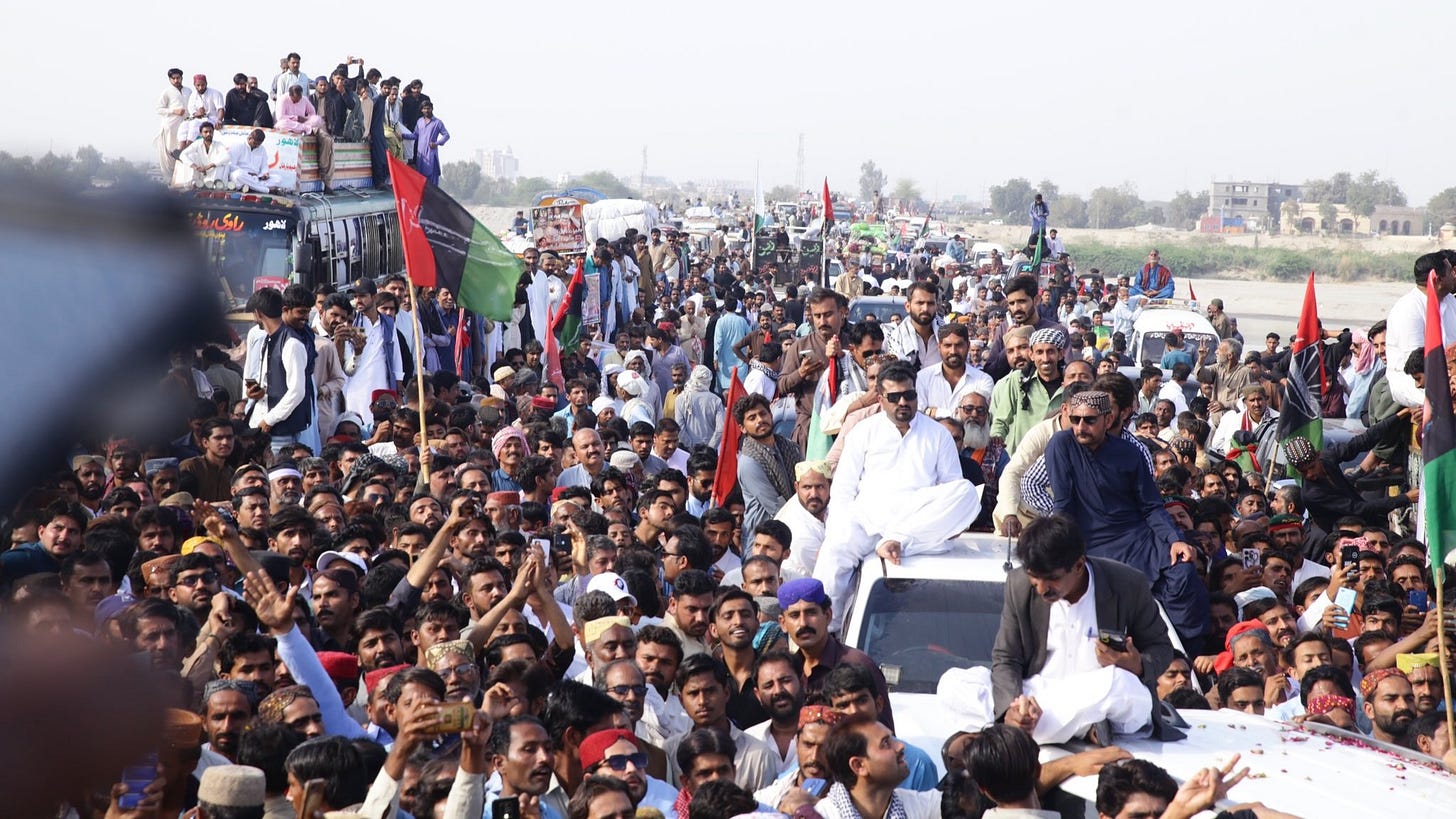The Indus Canal Project
A Dangerous Gamble With Pakistan’s Water Future
The proposed construction of six new canals under the Green Pakistan Initiative is being sold to the public as an agricultural miracle, a grand plan to irrigate 4.8 million acres across Punjab, Sindh, and Balochistan. But scratch the surface, and what emerges is a politically-charged, ecologically reckless, and economically short-sighted gamble that could push Sindh, and especially Karachi, into a full-blown water crisis.
This is about the survival of a province, a city, and a fragile federation already fraying under regional grievances.
Karachi in the Crosshairs
Karachi, home to over 20 million people and the country’s economic nerve center, draws 85% of its water from the Indus River. Sindh’s opposition parties, the PPP, GDA, and PTI alike, are sounding the alarm with rare unanimity: diverting more water upstream will make Karachi’s existing water shortages catastrophic.
Anyone who’s lived in Karachi knows the city teeters on the edge of collapse when it comes to utilities. A single dry season or disruption in supply sends entire neighborhoods into water riots. Now imagine multiplying that scarcity by institutional design.
The Environmental Consequences
Beyond the politics lies a far greater, long-term consequence: the ecological death of the Indus Delta. The delta, already shrinking due to decades of reduced freshwater flow, is now increasingly vulnerable to seawater intrusion. With more upstream diversions, the delta will not just die—it will be murdered.
This will destroy agriculture in lower Sindh, salinate groundwater, push coastal communities into displacement, and wreck the delicate wetland ecosystem. We’ve seen the result of similar mega-projects across the world: short-term gain, long-term devastation.
A Constitutional Betrayal
Under Pakistan’s 1991 Water Apportionment Accord, water sharing between provinces is clearly defined. The sudden announcement of canal projects—without consensus, without debate, and without interprovincial coordination—is not just irresponsible; it is unconstitutional.
Punjab’s claim that this is a “development initiative” under the presidency of Asif Ali Zardari is laughable. Even if true, no single party, province, or president has the right to unilaterally alter the Indus lifeline for political optics or military-backed agricultural dreams.
The Council of Common Interests (CCI) exists for precisely such matters. Its sidelining is an indictment of the very federal structure that binds this country.
Military Muscle Behind Agriculture
The army’s visible involvement in launching these canals through the Green Pakistan Initiative adds an unsettling dimension. Pakistan’s military may have the resources and discipline to execute large-scale projects, but governance, environmental science, and interprovincial equity are not areas it is trained to manage.
Militarized agriculture might feed a few generals’ dreams of food security, but it will come at the cost of civilian water access, environmental collapse, and national cohesion.
Sindh’s Boiling Point
Sindh has not forgotten the Kalabagh Dam betrayal. Its people have long felt shortchanged in the federal equation. This project is rubbing salt into old wounds. If pushed through, it risks igniting not just protests but political rebellionan, d with the PPP itself on edge, the federal government should know that even allies have their limits.
Karachi’s crisis is Pakistan’s crisis. Any move that dries up this city will have economic, political, and national security consequences far beyond water.
Conclusion
This is not just a bad project. It's a dangerous one. It threatens to unravel the delicate threads holding Pakistan’s provinces together, all in the name of “development.” Before the first shovel hits the ground, this project must be frozen, debated in the CCI, examined by environmental scientists, and re-evaluated through the lens of equity and survival.
Otherwise, the canals won’t just carry water. They’ll carry the seeds of division and ultimately, collapse.



